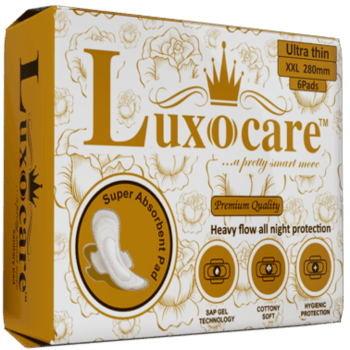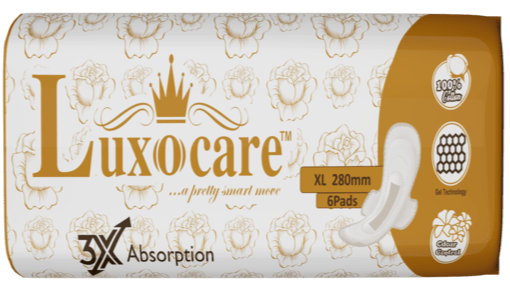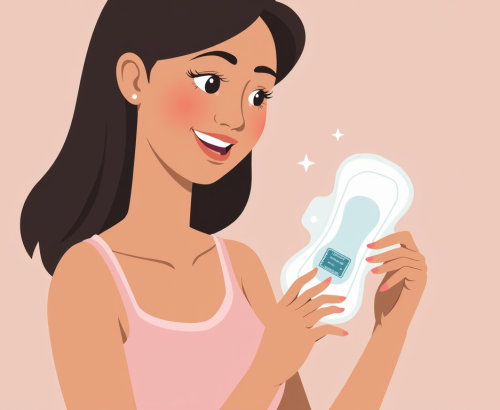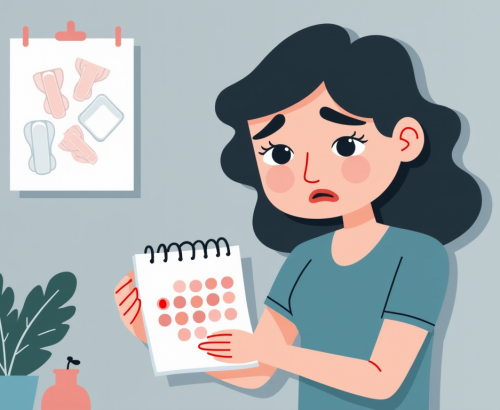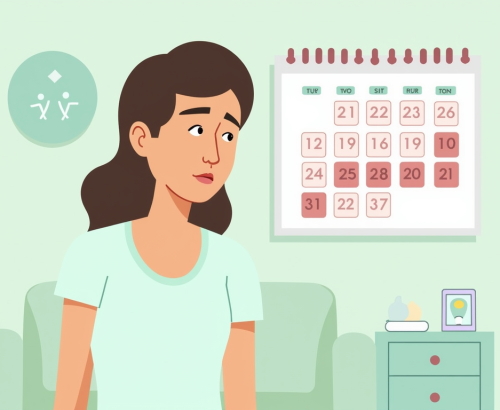
The Role of Hormonal Imbalance in Your Menstrual Cycle
Hormones are essential chemicals in your body that regulate various functions, including your menstrual cycle. When these hormones are balanced, your cycle runs smoothly. However, when there is an imbalance, it can cause a range of issues. This guide will explain how hormonal imbalances can affect your menstrual cycle in simple, easy-to-understand language.
What is Hormonal Imbalance?
A hormonal imbalance occurs when there is too much or too little of one or more hormones in your body. This imbalance can disrupt the normal functioning of your menstrual cycle.
Key Hormones in the Menstrual Cycle
Estrogen
Progesterone
Follicle-Stimulating Hormone (FSH)
Luteinizing Hormone (LH)
Prostaglandins
How Hormonal Imbalance Affects the Menstrual Cycle
Irregular Periods
Too Much Estrogen or Too Little Progesterone: High levels of estrogen or low levels of progesterone can cause irregular periods. You might experience very heavy bleeding, light spotting, or periods that are too frequent or infrequent.
Heavy Bleeding (Menorrhagia)
High Estrogen Levels: When estrogen levels are too high, it can cause the uterine lining to thicken more than usual, leading to heavy menstrual bleeding.
Skipped Periods (Amenorrhea)
Low Estrogen Levels: When estrogen levels are too low, you might miss periods altogether. This can happen due to stress, significant weight loss, excessive exercise, or conditions like Polycystic Ovary Syndrome (PCOS).
Painful Periods (Dysmenorrhea)
High Prostaglandins: Prostaglandins are chemicals that cause the uterus to contract. High levels can lead to severe menstrual cramps.
PMS (Premenstrual Syndrome) and PMDD (Premenstrual Dysphoric Disorder)
Hormonal Fluctuations: Rapid changes in hormone levels, especially estrogen and progesterone, can cause symptoms like mood swings, irritability, bloating, and breast tenderness. In severe cases, it can lead to PMDD, which has more intense emotional and physical symptoms.
Polycystic Ovary Syndrome (PCOS)
Imbalance of FSH and LH: PCOS is a condition where the balance of FSH and LH is disrupted, leading to irregular periods, excessive hair growth, acne, and weight gain.
Common Causes of Hormonal Imbalance
Stress
Stress can affect your hormone levels, leading to irregular periods or even missed periods.
Diet and Nutrition
Poor diet, excessive caffeine, and sugar intake can disrupt hormonal balance. Ensure you’re eating a balanced diet with plenty of fruits, vegetables, whole grains, and lean proteins.
Weight Changes
Significant weight loss or gain can affect your hormones and menstrual cycle. Maintaining a healthy weight is important for hormonal balance.
Exercise
Both excessive and insufficient exercise can impact your hormones. Aim for regular, moderate exercise.
Medical Conditions
Conditions like PCOS, thyroid disorders, and diabetes can cause hormonal imbalances.
Medications
Certain medications, including birth control pills and treatments for other health conditions, can affect your hormonal balance.
Managing Hormonal Imbalances
Healthy Diet
Eating a balanced diet rich in nutrients helps support hormonal health. Include plenty of fruits, vegetables, whole grains, lean proteins, and healthy fats.
Regular Exercise
Regular physical activity helps regulate hormones and maintain a healthy weight.
Stress Management
Practice stress-reducing activities such as yoga, meditation, and deep breathing exercises to help balance hormones.
Adequate Sleep
Aim for 7-9 hours of quality sleep per night to support overall health and hormone regulation.
Avoid Excessive Caffeine and Alcohol
Limit your intake of caffeine and alcohol, as they can affect hormone levels.
Consult a Healthcare Provider
If you experience severe symptoms or suspect a hormonal imbalance, consult a healthcare provider. They can diagnose any underlying conditions and recommend appropriate treatments.



